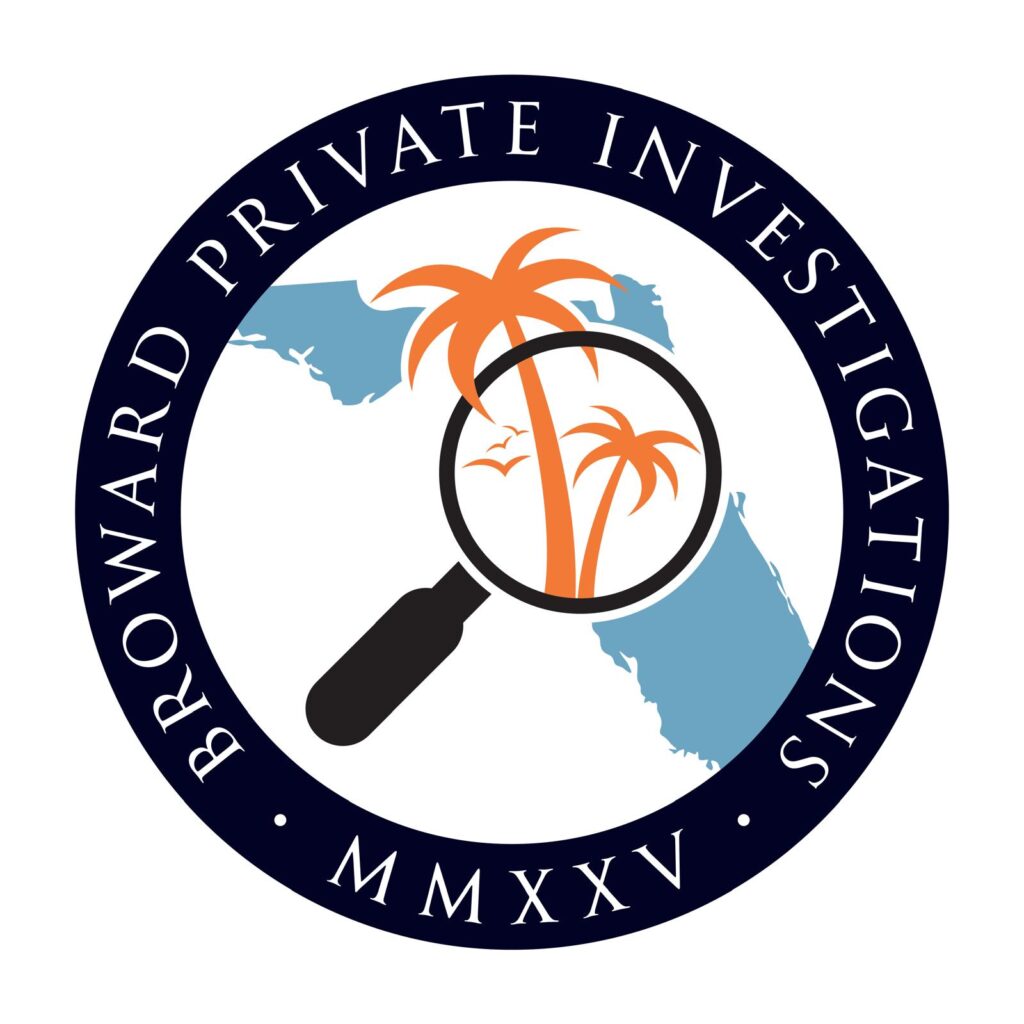Your Guide to Becoming a Private Investigator in Florida
Welcome to your comprehensive guide on pursuing a career as a private investigator in the Sunshine State. Whether you’re intrigued by the allure of solving mysteries or seeking a profession that offers excitement and variety, becoming a private investigator in Florida could be the path for you. Below, we’ll outline the steps and requirements necessary to embark on this thrilling journey.
Step 1: Understand the Role
Private investigators play a crucial role in uncovering information, conducting surveillance, and solving cases for a diverse range of clients. From corporate investigations to personal matters such as infidelity or missing persons, PIs utilize a combination of investigative techniques, research skills, and often intuition to gather evidence and provide clarity to their clients.
Step 2: Meet the Requirements
Before diving into the world of private investigation, it’s essential to ensure you meet the necessary criteria set forth by the state of Florida:
- Age Requirement: You must be at least 18 years old.
- Legal Status: You must be a legal resident or citizen of the United States.
- Background Check: Expect a thorough background check, including fingerprinting, to ensure your suitability for the profession.
- Education: While there are no formal education requirements, having a degree in criminal justice, law enforcement, or a related field can be advantageous.
- Training: Florida requires completion of a minimum of 40 hours of professional training at a state-licensed school or agency.
Step 3: Obtain a License
In Florida, private investigators must be licensed by the Florida Department of Agriculture and Consumer Services (FDACS). Here’s how to obtain your license:
- Submit an Application: Complete the application form provided by FDACS, including any necessary fees.
- Fulfill Training Requirements: Ensure you have completed the required 40 hours of training from a licensed training provider.
- Pass the State Exam: Prepare for and successfully pass the state exam administered by FDACS.
- Background Check: As mentioned earlier, undergo a comprehensive background check, including fingerprinting.
- Receive Your License: Once you’ve met all requirements, you’ll receive your license to practice as a private investigator in Florida.
Step 4: Gain Experience and Specialize
While obtaining your license is a significant milestone, gaining practical experience is equally important. Consider starting your career by working under the supervision of an experienced private investigator or joining an established agency. This hands-on experience will not only enhance your skills but also provide valuable insights into different aspects of the profession.
Additionally, consider specializing in specific areas of investigation such as:
- Surveillance
- Background checks
- Insurance fraud investigation
- Cybersecurity and digital forensics
Step 5: Stay Informed and Network
The field of private investigation is constantly evolving, with new technologies and techniques emerging regularly. Stay informed by attending industry conferences, workshops, and continuing education courses. Networking with other professionals in the field can also open doors to new opportunities and collaborations.
Step 6: Launch Your Career
Armed with your license, experience, and expertise, you’re now ready to launch your career as a private investigator in Florida. Whether you choose to work independently, join a firm, or specialize in a particular area, the possibilities are endless.
Conclusion
Becoming a private investigator in Florida offers a rewarding and dynamic career path for those with a passion for investigation and problem-solving. By following these steps and meeting the necessary requirements, you can embark on a journey filled with excitement, challenges, and the satisfaction of helping others uncover the truth. Good luck on your path to becoming a licensed PI in the Sunshine State!
